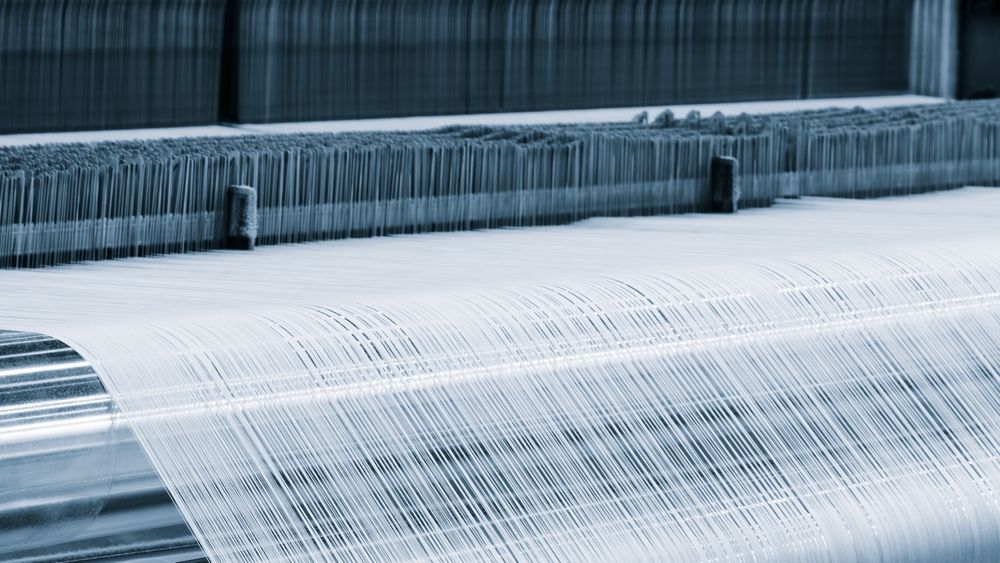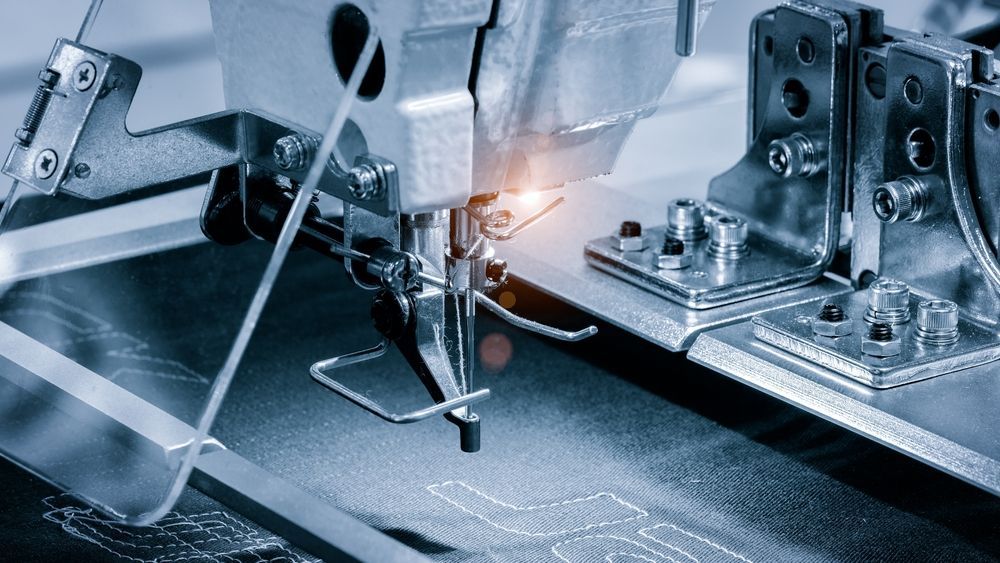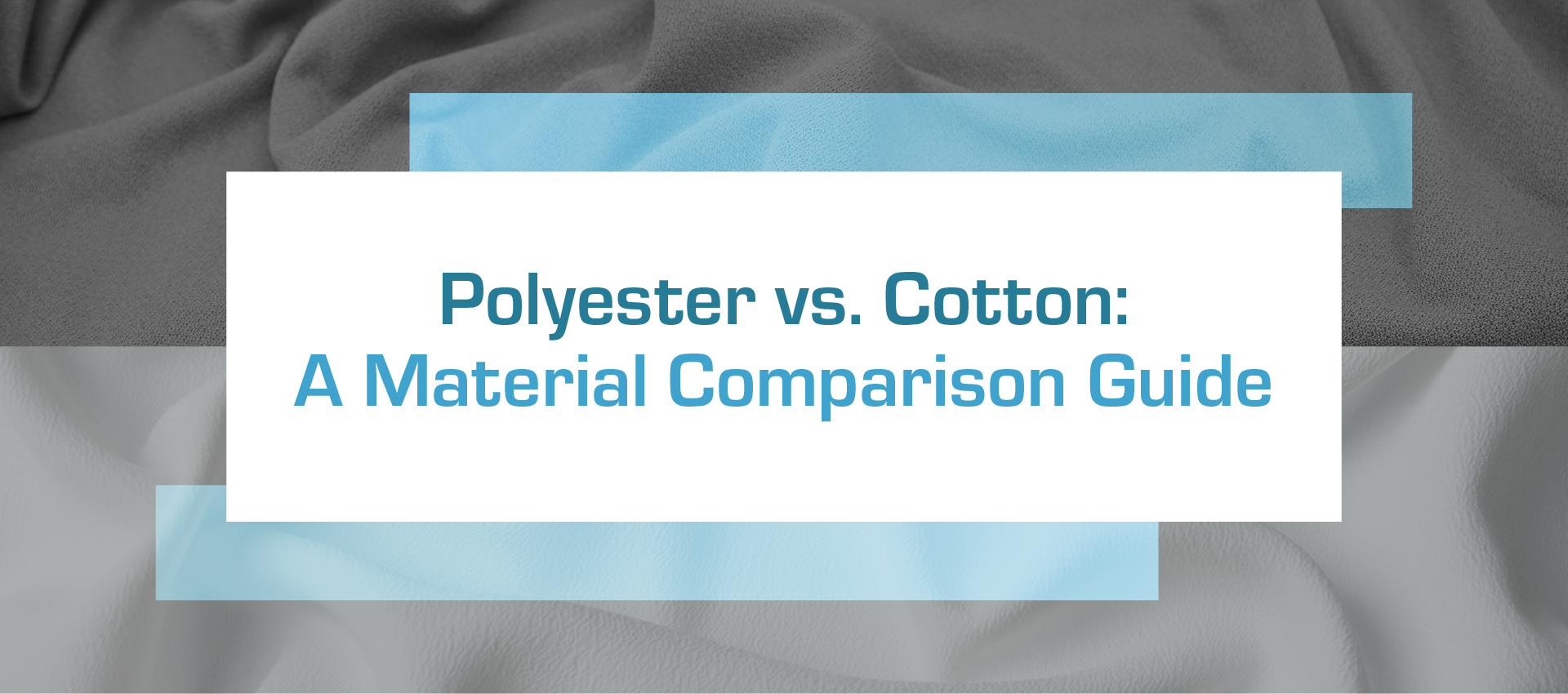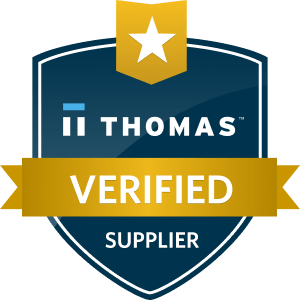What is Berry Compliant & Why Does it Matter?
Manufacturers supplying the U.S. Department of Defense follow specific rules for sourcing and production. One of the most recognized requirements is called Berry compliance. This standard shapes where materials come from, how products are made, and who can supply them.
For companies that want to compete for defense contracts or serve military needs, understanding Berry compliance is an important first step.

What is the Berry Amendment?
The Berry Amendment is a U.S. law that sets rules for how the Department of Defense purchases certain goods. It was introduced in 1941 to strengthen domestic supply chains during wartime and to support American manufacturing.
The law requires that specific items for military use, such as textiles, clothing, food, and some tools, be both sourced and produced in the United States. This applies to the finished product as well as the materials that make it up.
Its purpose is to keep defense supply lines dependable and limit reliance on foreign production.
What Does Berry Compliant Mean?
Berry-compliant means a product meets the sourcing and manufacturing rules set out in the Berry Amendment. For textiles and related goods, this includes using American-made fibers, fabrics, and components, then completing all assembly in the United States.
A supplier that is Berry compliant can demonstrate that every stage of production follows these requirements. This makes their products eligible for Department of Defense contracts and confirms that supply chains are fully domestic.
Compliance is typically confirmed through documentation and supply chain tracking. Manufacturers must be able to trace raw materials, components, and production steps back to U.S. sources to show that nothing has been substituted from abroad.
Why Berry Compliance Matters
For the Department of Defense, Berry compliance is more than a regulation. It safeguards military readiness by making sure uniforms, gear, and other supplies are always available from U.S. sources. This reduces the risk of shortages if overseas trade is disrupted.
For manufacturers, compliance opens the door to defense contracts and long-term partnerships. It signals that a supplier can meet strict standards and deliver consistent quality. For service members, it provides confidence that the equipment they rely on is made to exact specifications and backed by secure supply chains.
Common Berry-Compliant Products
The Berry Amendment covers a wide range of goods, but textiles and clothing make up the bulk of the requirements. Some of the most common items that must be Berry compliant include:
Uniforms and apparel
Military clothing, outerwear, and related gear must use U.S.-sourced fibers and fabrics.
Protective covers and enclosures
Items designed to shield equipment or create barriers, such as tarps, covers, and shelters.
Load-bearing equipment
Backpacks, tactical gear, harnesses, and webbing products built from U.S.-made textiles.
Footwear
Combat boots and other military shoes must be made entirely from domestic materials.
Textile-based components
Straps, fasteners, and other small parts that integrate into larger assemblies.
This requirement stretches beyond the obvious finished goods. Even subcomponents, like thread or fabric coating, fall under the same rules. That level of detail keeps the supply chain tightly tied to U.S. sources.
Berry Compliance vs. General Domestic Manufacturing
Domestic manufacturing means a product is made in the United States, but it does not always meet Berry standards. A U.S.-made product may still include imported fibers, fabrics, or components. In that case, it counts as domestic but not Berry compliant.
Berry compliance goes further. It requires that every stage of production, from raw materials to final assembly, takes place within the United States. That distinction is what makes Berry-compliant suppliers eligible for Department of Defense contracts, while general domestic manufacturers may not qualify.
For buyers, understanding this difference is key. A product labeled “Made in the USA” does not automatically meet Berry requirements.
How Carolina CoverTech Supports Compliance-Ready Manufacturing
Carolina CoverTech specializes in products that cover, protect, contain, or enclose, many of which fall under Berry requirements. Our team works closely with partners to identify materials, design methods, and production processes that meet compliance standards from the beginning.
Capabilities such as
RF welding,
industrial sewing, and
rigid-to-flexible conversions make it possible to work with a wide range of technical fabrics and assemblies. When a project requires Berry compliance, we source domestically produced textiles, hardware, and thread to keep the supply chain aligned with regulations.

This approach strengthens defense contracts and gives customers confidence that their products are manufactured to strict standards.
Early involvement is often the key to success. By
partnering during the design stage, our team can recommend the right domestic materials and construction methods that satisfy compliance while still delivering the performance and durability the product requires.
U.S.-Based Manufacturing with Compliance Awareness
Our manufacturing is fully domestic, which allows partners to meet Berry requirements when projects call for it. Every stage of production is managed with attention to sourcing, fabrication methods, and consistency.
Customers benefit from products that move from concept to production while staying aligned with strict U.S. defense standards.
Ready to take the next step?
Contact us to discuss your project and learn how our team can help you achieve
compliance-ready manufacturing.




